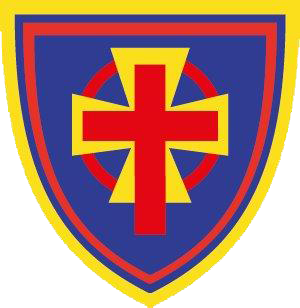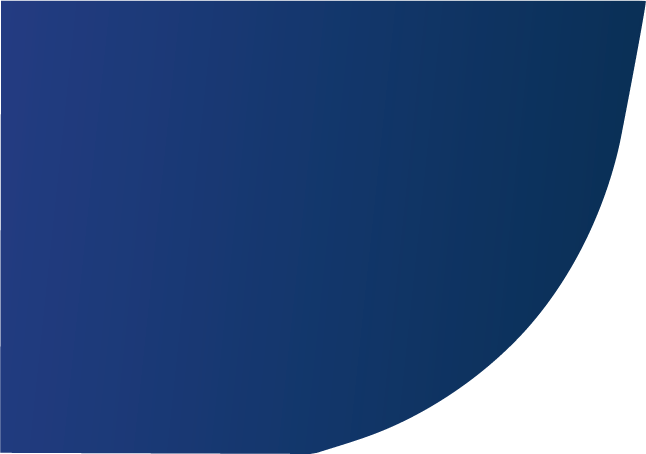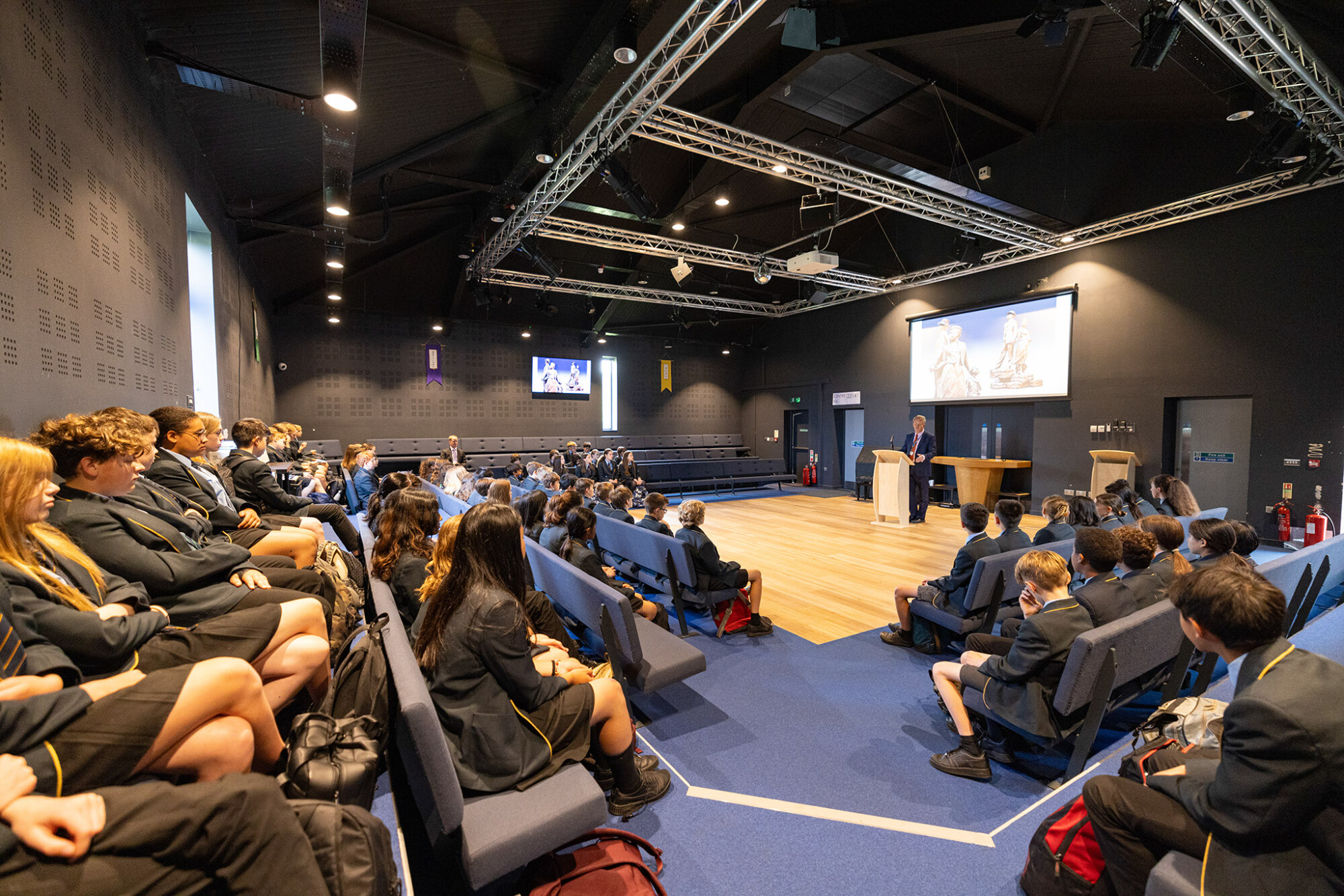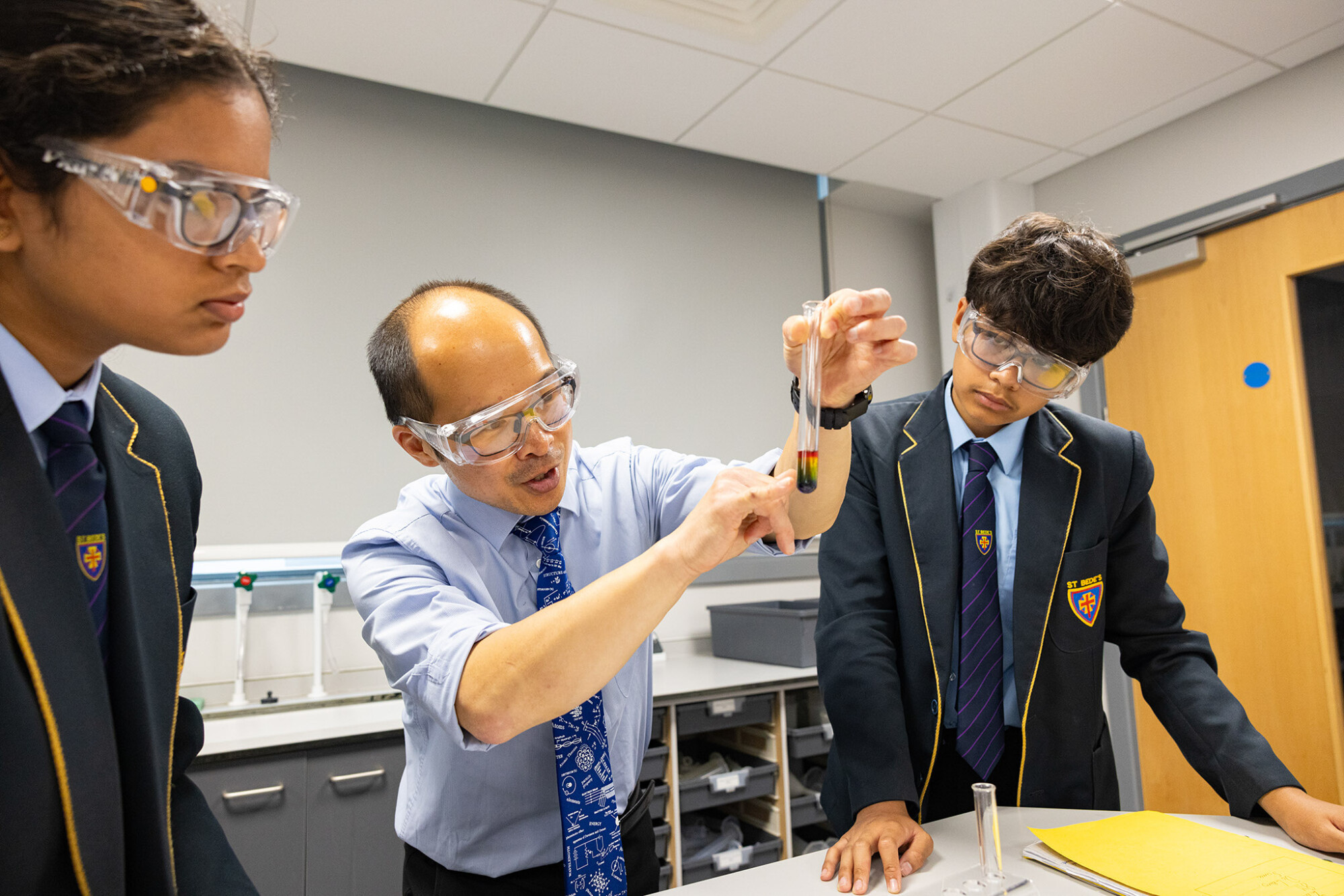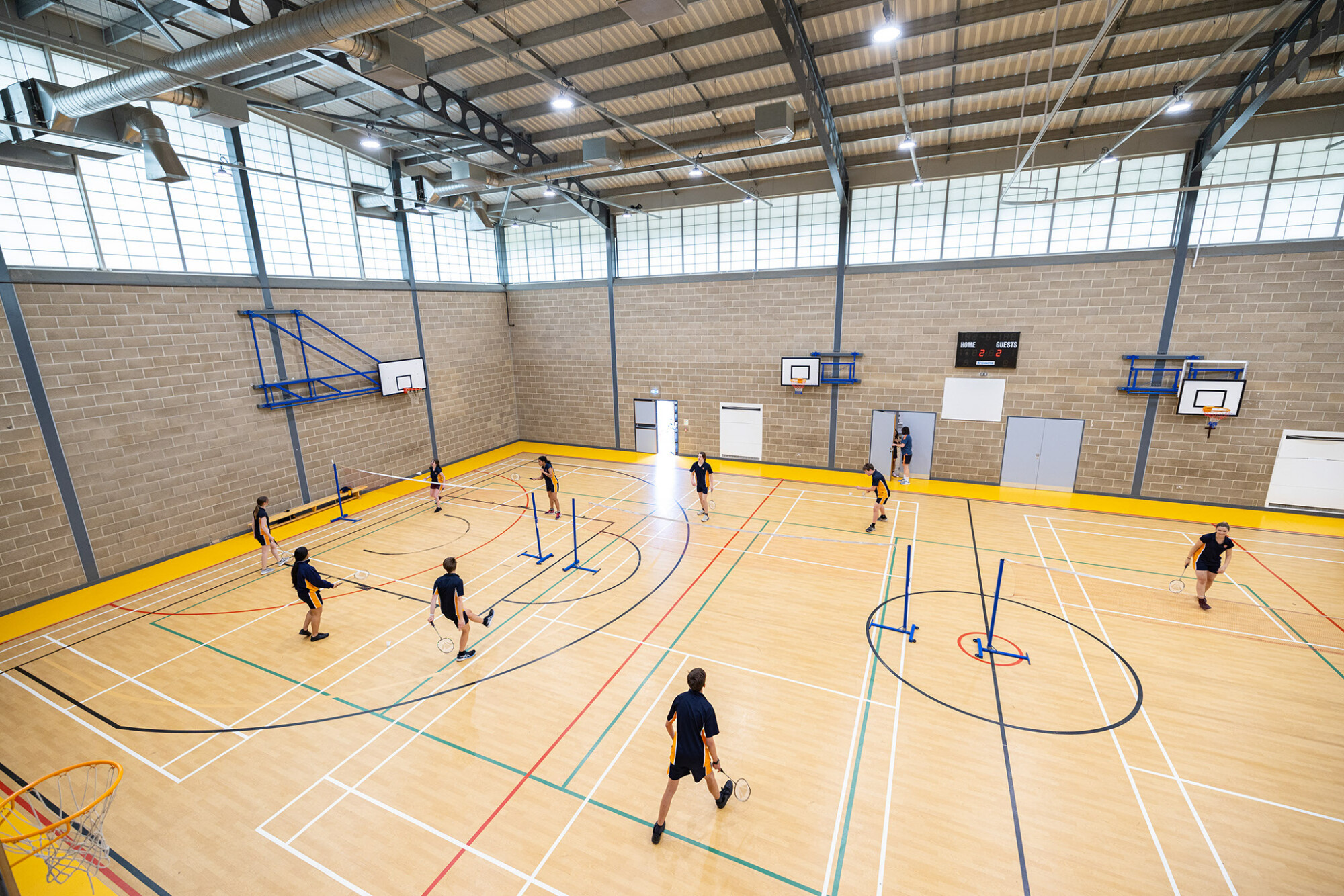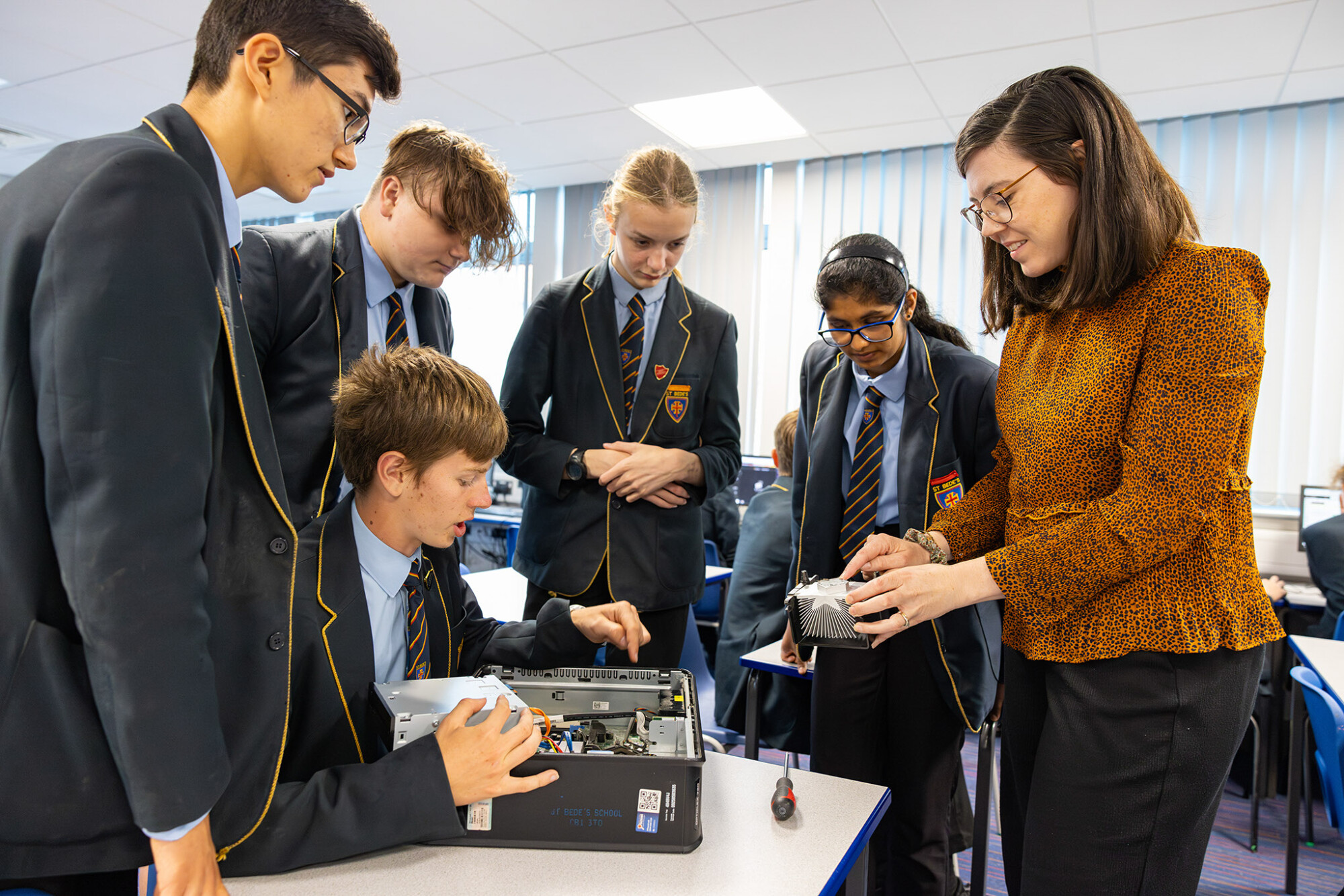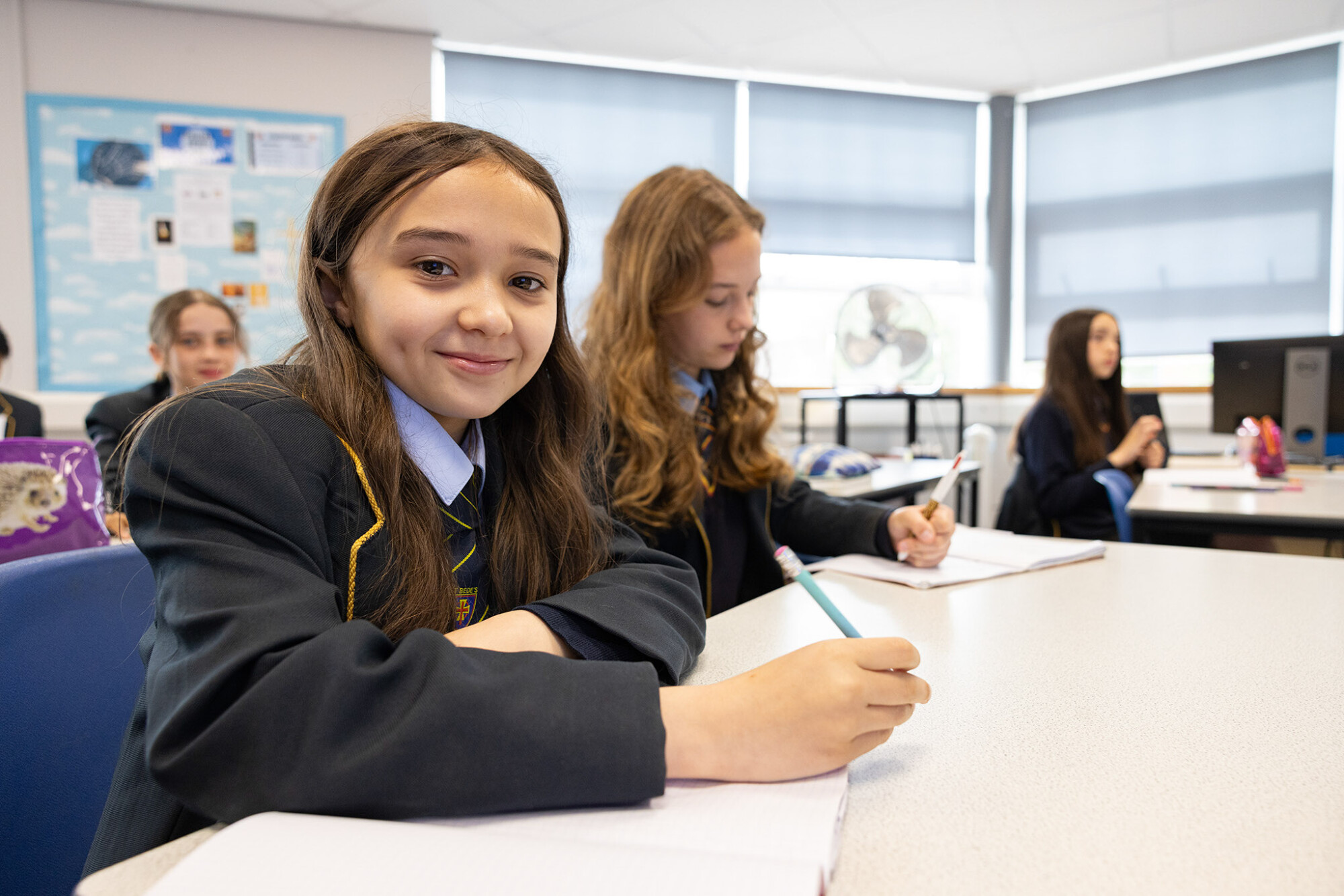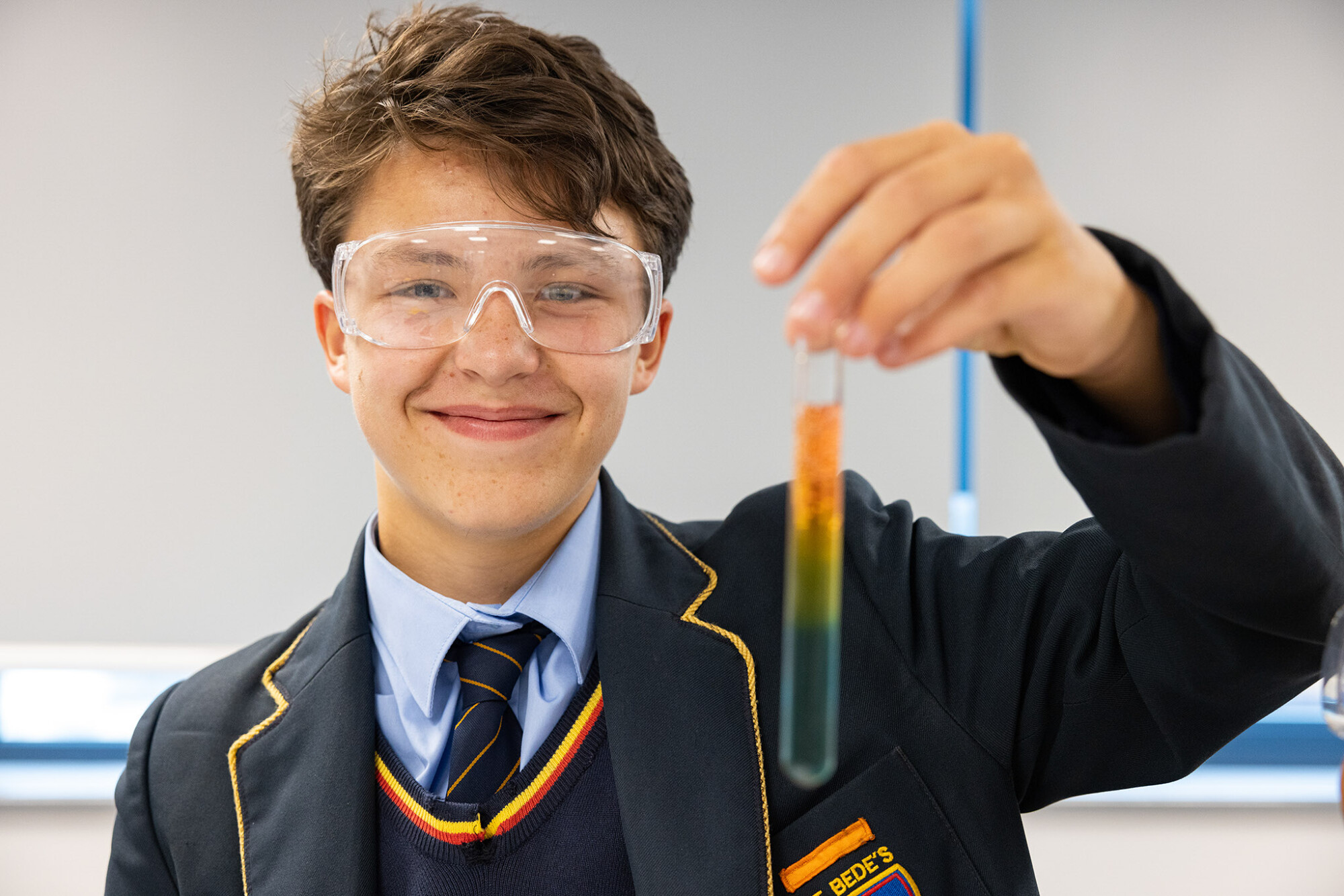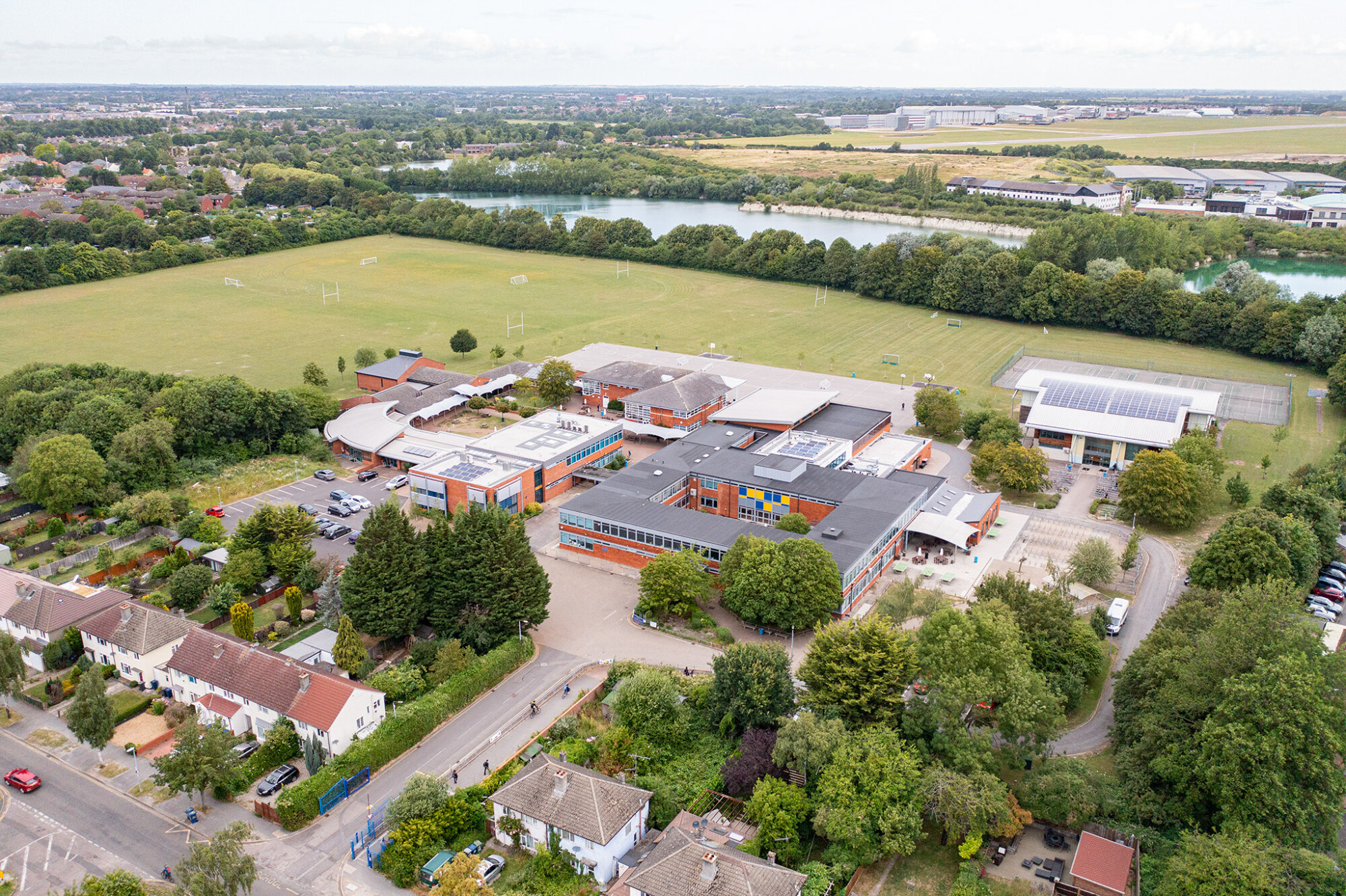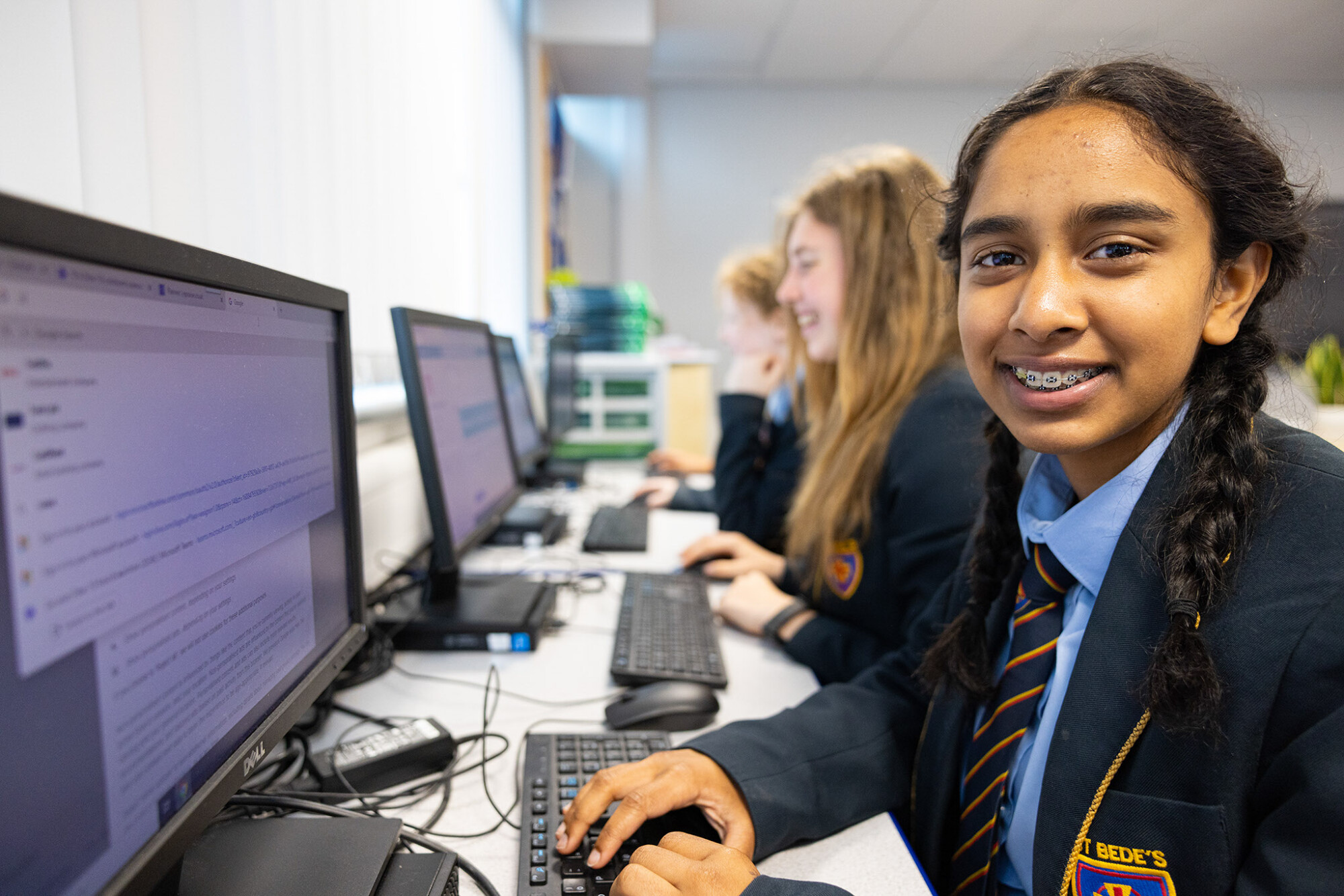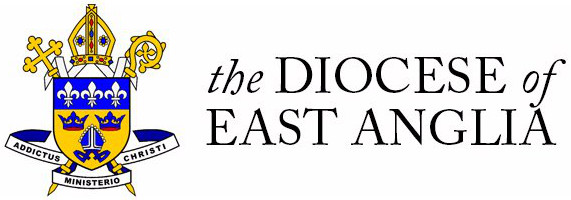The curriculum for each subject taught at St Bede’s can be accessed HERE.
The high-level, curriculum overview can be accessed HERE.
At the heart of our curriculum lies subject expertise and a commitment to focus on outstanding, evidence-based teaching. A deep knowledge and passion for a subject enables our teachers to instil a sense of awe and wonder in our students, which in turn encourages students to want to find out more about the world around them. We understand the importance of updating and enriching pedagogical content knowledge at every opportunity, and encourage staff to continually reflect and identify any gaps in subject knowledge that we can address with quality continuing professional development. Students’ daily experiences change with time, so our teaching approaches must adapt to ensure that the subject discipline is still relevant to those evolving experiences.
That same, detailed subject knowledge is used to design and implement our curriculum with our clear, intended endpoint at the fore.
Subject leaders identify the central, key pillars of knowledge and skills required for students to achieve a rich, deep understanding of the subject matter they meet, and ensure that the high-quality teaching we expect at St Bede’s fully reflects this focus.
In KS3, we follow a growth and threshold approach that explicitly identifies the key knowledge and skills within carefully designed threshold rubrics, which is shared and explored with our students. The following document provides further information about this:
Growth and threshold model
With these strong foundations established, students can grow their understanding over time as material is methodically and sequentially re-visited and explored in greater breadth and depth.
We also understand the role that numeracy and literacy including vocabulary plays in unlocking the whole curriculum. Understanding the importance of early intervention, we always aim to promptly identify and support pupils who start secondary school without a secure grasp of reading, writing and mathematics. Our teachers explicitly teach the meaning of subject-specific language. Knowledge organisers, glossaries and subject-specific checklists provide students with key information that they are expected to learn and recall with fluency, enabling them to develop their understanding of key concepts outside of their lessons, and prioritise areas of identified need.
Our curriculum, taken as a whole, however, is more than the sum of its parts.
All aspects of school life are to be seen as part of the school curriculum, whether through our morning worship activities, periods of reflection, our timetabled lessons, voluntary litter-picking or charity fundraising. In addition to ensuring outstanding academic outcomes, our mission statement lives through our curriculum, in every sense.
Quick summary of our curriculum structure
Year 7
All students follow a traditional core programme of study in line with the requirements of the National Curriculum. This consists of: art, design & technology, drama, English, food & nutrition, French, geography, history, computing, maths, music, PE, PSHCE, xcience and theology.
Year 8
Students study: art, design & technology, drama, English, food & nutrition, French, geography, German, history, maths, music, PE, science and theology.
Where appropriate, students with developing literacy skills are disapplied from learning a foreign language in Years 7 and 8, through consultation with students, parents and teachers.
Students are able to start learning Latin through the Year 8 lunchtime club.
Years 9 - 11
All students in Years 9 - 11 continue to follow a core programme of study: English, maths, PE, PSHCE, science and theology.
In Year 9 the curriculum is personalised to enable students to opt for the subjects that they wish to specialise in. Students with a passion for particular subjects are able to spend more time studying, doubling the curriculum time available. In Year 9 the curriculum remains fluid to allow students to change subjects, avoiding the disruption that can be caused by students changing subjects in Year 10.
Students choose four options from the following:
Art, biology (triple science), business studies, chemistry (triple science), computing, design & technology, drama, food & nutrition, French, geography, German, history, Latin, media studies, music, physics (triple science), sports studies
Where appropriate, students follow an EBacc pathway (English, maths, science, a modern or ancient foreign language and a humanities subject). Students also have the opportunity to study Ancient Greek as an enrichment subject.
The school adapts its curriculum, where appropriate, with a portfolio of practical and support lessons including: additional literacy and numeracy, entry level PE, science and life skills, and supported learning, where appropriate.
